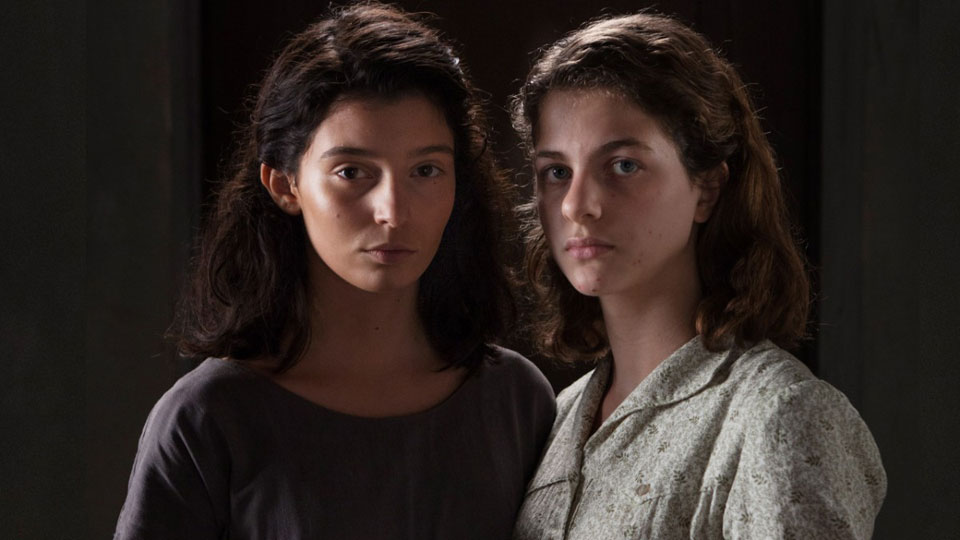
Do you really want to understand class relations? Alienation? Patriarchy? Even surplus value? Then put down that copy of Kapital. Hit the pause button on Marx, Lukacs, Gramsci.
You can not get a better, more moving, accurate, effective rendering of class relations than Home Box Office’s My Brilliant Friend. Saverio Costanzo’s HBO series is television at its very best. The writer/director has meticulously and faithfully adapted Elena Ferrante’s (pseudonym) worldwide bestseller.
Lenu (Elena) and Lila meet in elementary school in post-war working-class Naples. Lenu is immediately drawn to Lila, the brightest and most spirited girl in her class. Lila is a sprite, incandescent in her brilliance, willful in reaction against authority.
Rigid authority holds together the suffocating, claustrophobic web of relationships that define their existence. The classroom is strict in what is taught and what may be learned. The church burnishes its unquestioned authority over education and daily life. The family is ruled by fathers who enforce their control by violence. The neighborhood is ordered by wealth.
Lenu and Lila fight back, each in her own way. Lila arms herself, threatening to kill a neighborhood thug who harasses her. She refuses to marry the rich young mobster who buys off her parents. Lenu uses education to improve her station and distance her family. Together they just may have a chance to thwart the oxygen-sucking patriarchy that dominates their lives at every turn.
Pacing may be a bit slow for some. But writer/director Costanzo uses deliberation to let his characters grow from the uncanny performances of Margherita Mazzucco as Lenu and Gaia Girace as Lila. Long, languid close-ups and comfortable silences punctuate tense, often violent dramatic sequences. Costanzo draws us in as we live over time in the hardscrabble neighborhood, watching the families make their own history.
The brilliance of the series would seem to owe much to mid-20th-century Italian neorealist directors. Just as modernist economists have added to our understanding of class relations, Costanzo has updated and built on the work of De Sica, Rossellini, Visconti and early Fellini. The attempt to bring feminist perspective gives a more complete rendering to this critical time.
Nor does Costanzo shy away from the socialist themes that dominated Italian culture and politics of the time. Such themes are again gaining prominence as it becomes clear that capitalism itself cannot solve the current problems, just as they failed to solve those of the post-war world. HBO has provided us with a compelling entertainment, from which there is also much to be learned.
The trailer for the series can be viewed here.












Comments